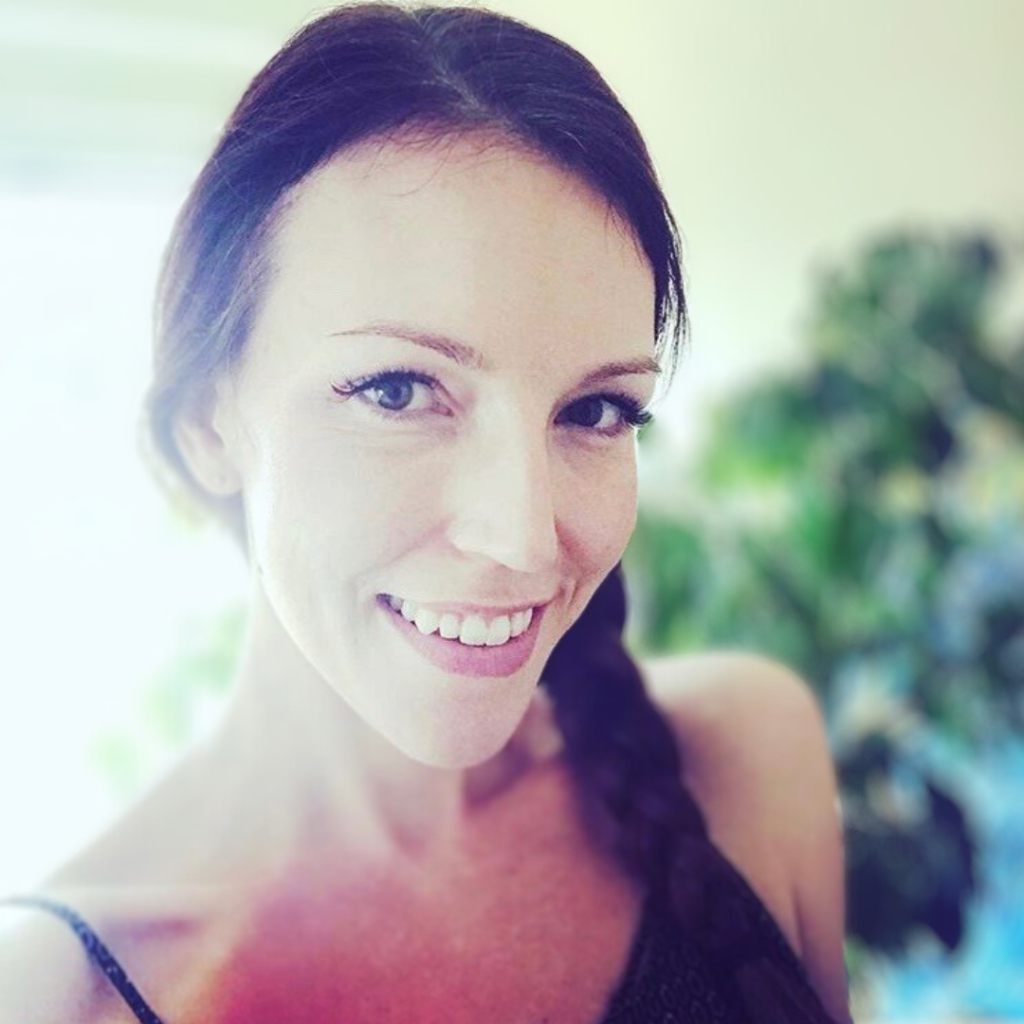ENTREPRENEURSHIP, TIME MANAGEMENT, PROJECT MANAGEMENT
June 29, 2024 | Waning Crescent
As many of us pursue a life where we align the way we earn a living with a greater expression of who we are, I see many crushing it yet feeling like they are not. It’s an odd thing when expectations don’t meet reality.
I have been learning a lot about dopamine recently, and it’s definitely getting much attention. Did you know that when our expectations don’t meet our reality, we can experience a drop in dopamine?
Many of us understand that expectations can lead to disappointment, but I think many high achievers have high expectations of themselves, leading to disappointment all too often.
I propose something for us high achievers
Manage your expectations around work and your creations more gently. Understand that you’re gonna get shit done but that you don’t need any added pressure, your awesome, and you’re pursuing your dreams. A huge part of this journey is our personal development, and being realistic with the expectations we have of ourselves is part of this.
So, how can we marry, making goals without having unrealistic expectations and still get’er done?
Planning is involved
The planning process is meant to be one of reflection and setting intention, of stepping back and understanding what needs to be done so that you can run off and get it done. By separating out planning as an activity, when it comes time to get to it, we reduce decision fatigue and can focus on what needs to get done.
I am heavily influenced right now by Cal Newport’s book “Slow Productivity.” Cal gained further popularity during COVID-19 when knowledge workers had to work from home, writing numerous New York Times articles contemplating and observing the changes that knowledge workers were facing. A light was being shone on a culture within companies that Newport coins “pseudo-productivity”, where productivity is perceived because they quickly respond to email and Slack messages, attend endless Zoom meetings, and appear to be busy.
pseudo-productivity
The use of visible activity as the primary means of approximating actual productive effort.
One way that pseudo-productivity can affect us within our own businesses is by doing things that aren’t moving us closer to our goals. It looks different for everyone. I think pseudo-productivity is a coping mechanism for entrepreneurs when they don’t know how to apply themselves.
I have worked in big business, and I don’t think that everything a big business does should apply to small businesses, especially solopreneurs and early-stage creators.
Many people set annual goals for themselves, although it might make sense for personal goals. However, if you start as a solopreneur or creator, setting annual goals might not make a lot of sense. I think in the early part of your business, it’s helpful to be agile, to have a quick and iterative process.
This should be the goal, along with agility and quick feedback. Set goals that can be achieved in the near term. Remain open to what’s possible in the long term, and pay attention to where you are being guided. Maybe what’s possible is even bigger than your expectations.
I am taking the time out every 3 months to create a plan. I dedicate 4 hours to:
- reflect on where I am and what I’ve accomplished
- decide on what I need to do next to move my business along
Being clear on what I can and cannot do has always been one of the things that has given me an edge. If you are clear on what you can and can get done and can communicate that to colleagues or clients, they’ll appreciate your work, and you’ll manage their expectations.
As someone who is pretty good at project and time management, I thought I would share my process to hopefully inspire others.
Managing projects
3 overarching principles we apply to managing our projects
- We estimate the time to do something and then double it. We overachievers tend to be too ambitious with ourselves, too. However, it is surprising how much time something does take. Overestimation doesn’t mean it needs to take that long; it just gives you the space to take it if needed.
- Planning isn’t an activity that distracts us from doing what needs to be done. We take the time out to plan so that we reduce decision fatigue when it comes time to get shit done because we already know what needs to get done. Planning lets us reserve our energy for getting shit done the rest of the time.
- We know what our ideal weekly schedule is and what we can roughly accomplish in a week.
This can be a process you do monthly or quarterly. It probably depends on how much time you have to commit to these pursuits. I do this weekly for the freelancing side of my business. I do this quarterly for the rest of my business. Since the freelancing part of my biz is the biggest part right now, I need to do it more frequently.
- 🎯 Figure out the high-level goals, projects or deadlines you have to do.
- 🪚 Break down things into smaller parts, but not too small! Resist the need in the planning process to create lengthy to-do lists, define what it means for something to be done, and if you need to break down a shorter to-do list later, you can. This keeps us from being people who are just ticking off a to-do list, which sucks IMO 🤖
- ⏳ Estimate how long it will take you to do these things. This is where I have to whip out a spreadsheet and do some math. It sounds cumbersome, but it’s simply a part of the process, and you’ll learn to love it. Contact me if you’d like the template I use.
- 📅 Once you have done your estimations, you start allocating time and tasks for the next while—a week or a quarter.
- ⚙️ I suggest you use a product management tool like Asana or Trello for your task management. Enter what’s in your spreadsheet into your task management tool so you can assign dates.
The result is a clear vision of what you must do soon and the stepping stones to get you there. Now, you can focus your time, energy, and attention on what needs to be done.
🎀 A note for the ladies
I do this process in concurrence with my menstrual cycle, either at the end of my cycle or at the beginning. We are in a reflective and integrative state just before our periods, which can help us be clear on what’s not working and, therefore, usually what needs to be done. Or if you do this while you are on your period, you are embracing a fresh start, which brings the feeling of a clean slate to your planning process; you are also more intuitive, making it a great time to tune into what needs to be done to move you forward.
This process, for me, is simple; it lets me reflect and make clear intentions for myself. I have designed this in a way that always meets or exceeds my expectations, which feels good! It also gives me the time and space to create without too much pressure; making it more enjoyable is part of saying goodbye to the hustle culture/girl boss bull shit 😘
I hope this helps.
Melissa

I help women coordinate their business lives with their cycle to optimize their workflow for productivity, efficiency, and synchrony with their natural rhythm. I believe we are here to seek and find our greater purpose and make the most out of this life experience. I hope you join me on this journey!
